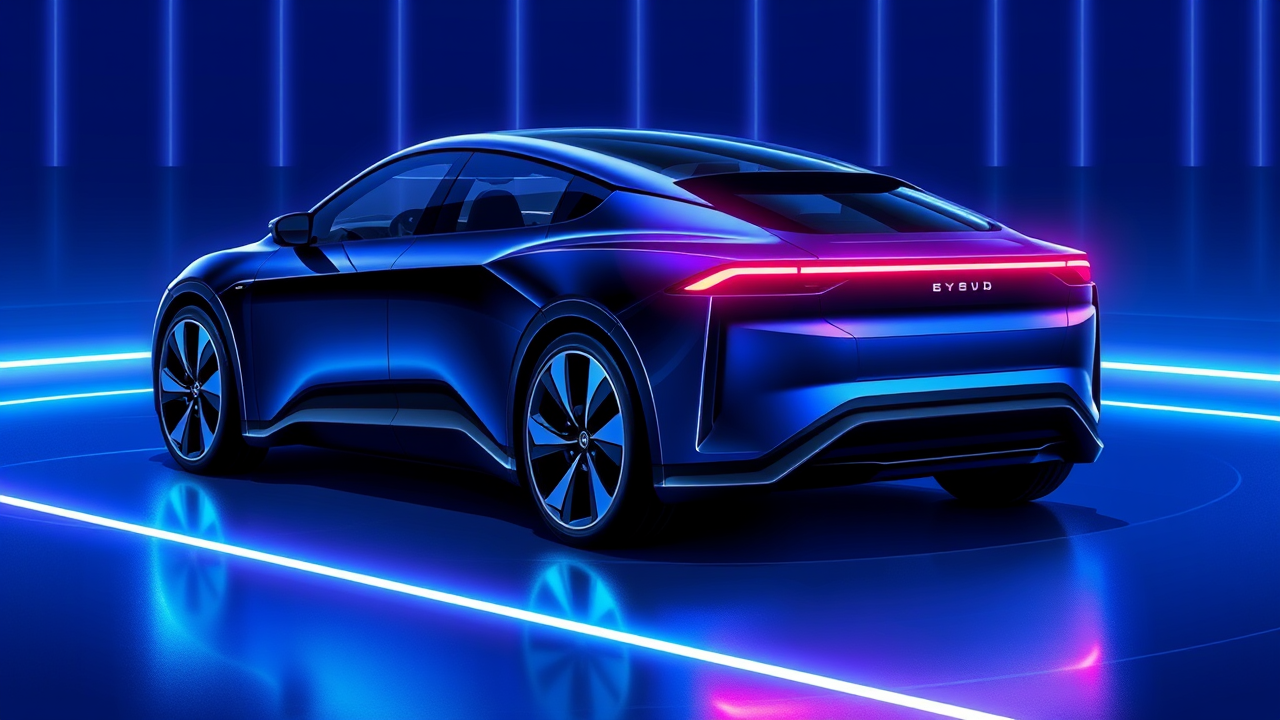Chinese EV Makers Expand Overseas Amid Domestic Price War
The global automotive landscape is undergoing a seismic realignment as Chinese electric vehicle manufacturers, from the leviathan BYD to agile startups like Dreame, execute a strategic pivot toward international expansion, a maneuver driven by a brutal price war on their home turf that has severely dimmed domestic earnings prospects. This is not merely a business trend; it is a calculated geopolitical and economic offensive, reminiscent of the export-led industrial surges pioneered by Japan in the 1970s and South Korea in the 1990s, but occurring at a velocity and scale unprecedented in the automotive sector.The primary vectors of this expansion are twofold: establishing localized assembly hubs in strategic regions like Southeast Asia, Europe, and Latin America to circumvent tariffs and soften political resistance, and deploying a rapid rollout of flagship showrooms designed to showcase vehicles that are no longer competing on cost alone. These smart EVs, bristling with sophisticated in-car entertainment systems that function as rolling tech platforms and high-performance battery packs offering range parity or superiority, represent a direct assault on the market share of established international marques like Volkswagen and Toyota, who now face a dual-front war—transitioning their own fleets to electrification while fending off a technologically advanced and state-backed competitor.The domestic Chinese price war, a classic scenario of hyper-competition in a saturated market, has acted as a brutal proving ground, forcing these companies to achieve unparalleled manufacturing efficiencies and rapid iteration cycles, which they are now leveraging as a core competitive advantage abroad. However, the path forward is fraught with significant risk scenarios that any political risk analyst must weigh.Scenario one involves escalating protectionist measures from the EU and the United States, potentially mirroring the recent tariff impositions but expanding into more stringent local content requirements or even outright bans on data-heavy Chinese software systems over national security concerns, a move that could severely hamper the 'smart' car proposition. Scenario two posits a potential backlash if quality control or data privacy issues emerge in foreign markets, damaging the carefully cultivated brand image of technological superiority.Conversely, a successful entrenchment of brands like BYD and Nio in Europe could trigger a domino effect, forcing a wave of consolidation among legacy automakers who are already struggling with the capital intensity of the EV transition. The ultimate consequence extends beyond market share; it is a battle for the soul of the next generation of mobility, where the defining platforms for software, connectivity, and autonomous driving could be architected in Shenzhen rather than Stuttgart or Detroit.This corporate expansion is inextricably linked to Beijing's broader strategic ambitions, echoing its Belt and Road Initiative by creating new dependencies on Chinese automotive technology and supply chains, particularly for lithium-ion batteries where China commands a dominant position. The outcome of this high-stakes global chess match will not only determine the leaderboard of the auto industry for decades to come but will also serve as a critical indicator of the shifting balance of technological and industrial power in the 21st century.
Latest News
In a move that reverberated across the canyons of Wall Street, Goldman Sachs has strategically positioned itself at the epicenter of the burgeoning private
41 minutes ago0 comments
In a move that feels ripped straight from the playbook of 'Rich Dad Poor Dad,' the majority owners of Grindr are executing a high-stakes financial pivot,
3 hours ago1 comments
In a development that caught many market watchers off guard, China's export engine roared back to life in September, posting a surprising 5.
10 hours ago5 comments
The persistent hum of the global financial machine, with its intricate web of sovereign debt, bond yields, and central bank policies, has long dictated the
15 hours ago7 comments
Hong Kong is strategically positioning itself to become North Asia's preeminent hub for Islamic finance, a calculated move that signals a profound shift in the
15 hours ago4 comments
Paraguay is quietly executing a masterplan that could radically redraw the technological map of South America, a bold gambit predicated on a single, formidable
1 day ago5 comments
The looming autumn budget from Chancellor Rachel Reeves has placed Britain's gambling industry on high alert, with debt-laden operator Evoke—the parent company
1 day ago3 comments
HSBC’s strategic maneuver to privatize Hang Seng Bank in a landmark US$13.
2 days ago3 comments
It’s quiet here...Start the conversation by leaving the first comment.
